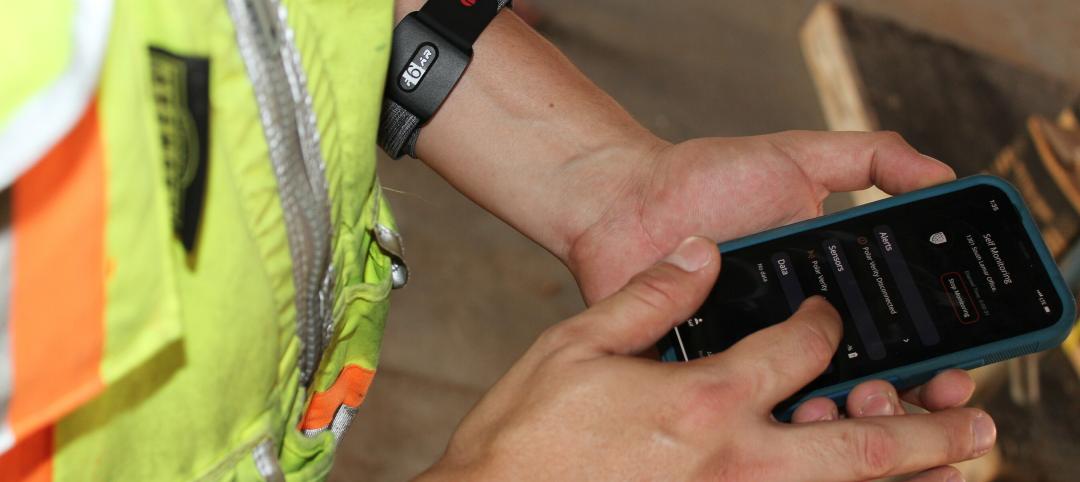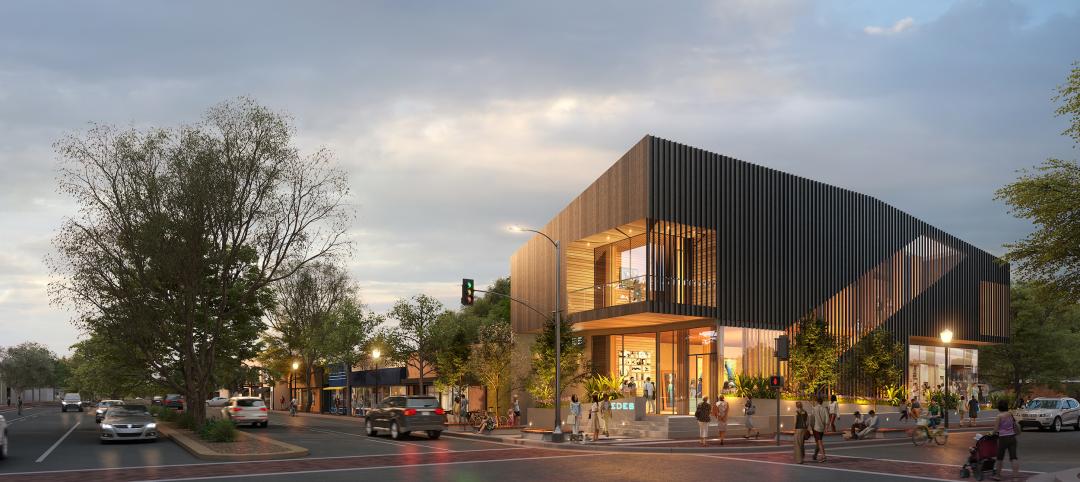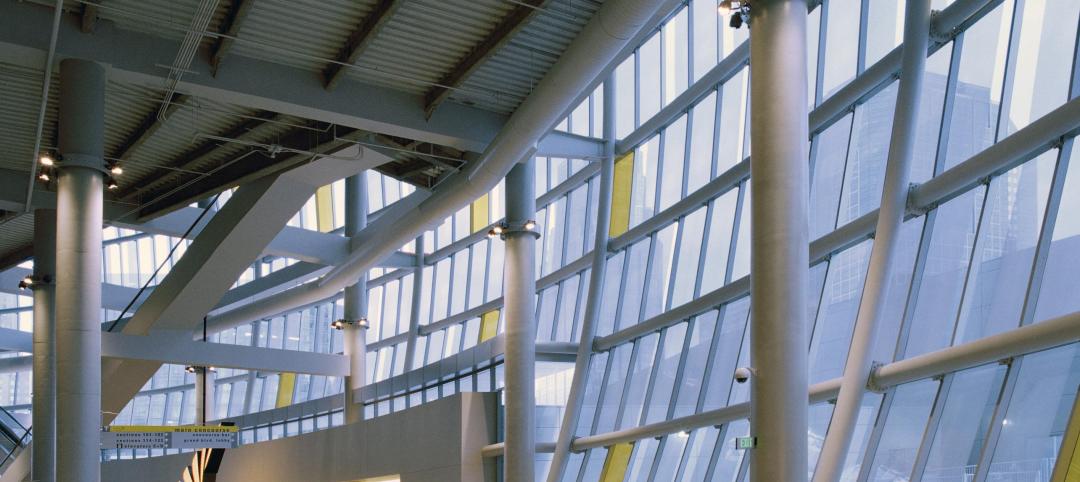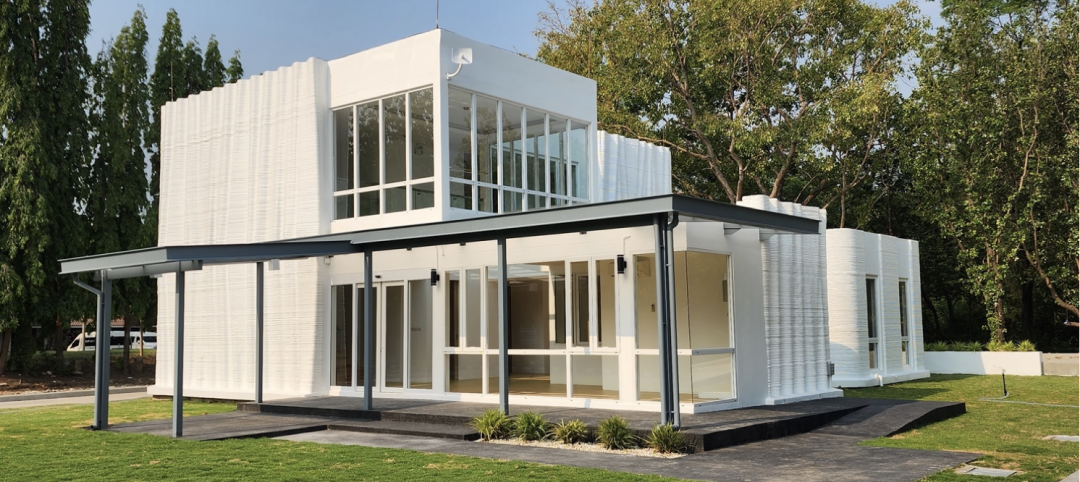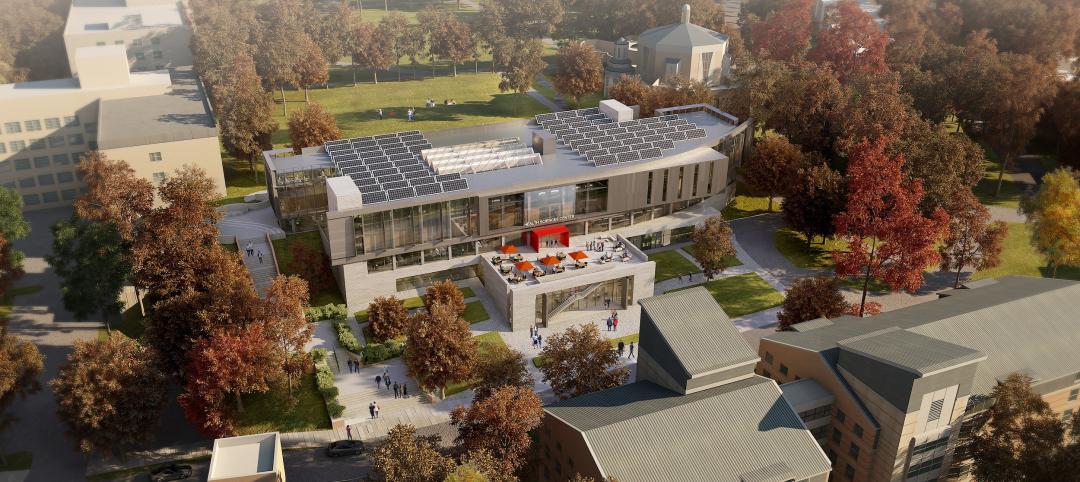In keeping with an aggressive business plan focused on software development for the construction industry, Autodesk has made two key acquisitions that it hopes will broaden its construction management platforms.
Today, the company says that it has completed its $875 million cash acquisition of PlanGrid, a seven-year-old startup based in San Francisco, which provides construction productivity software that enables GCs, subcontractors, and owners to have real-time access to project plans, digital blueprints, punch lists, work tasks, progress imagery, daily field reports, and submittals.
Also today, Autodesk discloses that it has signed a definitive agreement to acquire BuildingConnected for $275 million in net cash. San Francisco-based BuildingConnected was founded in 2012, and has grown to become the largest digital network of construction professionals, with more than 700,000 people in its database. Its cofounder Dustin DeVan had been a general contractor before starting the company, which currently has about 180 employees.
BuildingConnected helps owners and GCs find and hire qualified contractors for their projects. It moves Autodesk into preconstruction planning to help contractors decide which subs and suppliers to go with. It includes TradeTapp, a subcontractor risk analysis platform; and Bid Board Pro, a platform that helps subs manage and win more bids. BuildingConnected’s customers include such contractor giants as Turner, McCarthy, Mortenson, StructureTone, Skanska, Clark, Ryan Companies, and AECOM.
(Autodesk has taken a particular interest in developing products that get subs more involved earlier in projects. At its recent Autodesk University event in Las Vegas, Autodesk showcased its strategic alliance with eSub Construction Software, a cloud-based system of record for trades to plan and track their employees’ productivity. eSub is the field data component within Autodesk’s BIM 360 platform.)
Its latest acquisition “provides an opportunity for Autodesk and BuildingConnected to connect every business in the construction industry, becoming the definitive source of information throughout the sector,” says Jim Lynch, Vice President and General Manager, Autodesk Construction Solutions. “Our tools empower all stakeholders with greater visibility and better information to make immediate decisions. We’re excited about creating a robust digital marketplace for the global construction industry, helping to boost productivity, while lowering cost and risk.”

BuildingConnected has 700,000 trades in its database, and helps contractors select the best subs and suppliers for their projects. Image: Autodesk
A late bloomer when it comes to implementing technology, the construction sector is now embracing tech to help manage projects at a time when the industry is grappling with labor shortages and other factors that cause 70% of construction projects to be delivered late and/or over budget.
Capturing, analyzing, and disseminating design- and construction-related data are the primary objectives of Autodesk’s product development and expansion strategies. “We are trying to completely digitize the construction process all the way from design to build,” Andrew Anagnost, Autodesk’s evangelical CEO, tells Forbes. “With the completion of [the purchase of] BuildingConnected, we feel we have acquired all the important assets we need to acquire.”
Clayco, the design-build firm, chose Autodesk BIM 360 and PlanGrid to help digitize each step of the construction process in order to accelerate project delivery, reduce risk and increase productivity. “I’m excited to see how Autodesk and PlanGrid will work together to encourage collaboration between the project team and owners from the time a building is conceived, all the way through to handover,” says Bob Clark, Clayco’s founder and CEO.
Autodesk expects PlanGrid to contribute approximately $100 million in annual recurring revenue. Autodesk does not project any ARR from its acquisition of BuildingConnected.
Related Stories
Mechanical Systems | Jun 16, 2023
Cogeneration: An efficient, reliable, sustainable alternative to traditional power generation
Cogeneration is more efficient than traditional power generation, reduces carbon emissions, has high returns on the initial investment, improves reliability, and offers a platform for additional renewable resources and energy storage for a facility. But what is cogeneration? And is it suitable for all facilities?
AEC Innovators | Jun 15, 2023
Rogers-O'Brien Construction pilots wearables to reduce heat-related injuries on jobsites
Rogers-O'Brien Construction (RO) has launched a pilot program utilizing SafeGuard, a safety-as-a-service platform for real-time health and safety risk assessment. Non-invasive wearables connected to SafeGuard continuously monitor personnel to prevent heat exhaustion on jobsites, reducing the risk of related injuries. RO is the first general contractor to pilot this program.
Mass Timber | Jun 13, 2023
Mass timber construction featured in two-story mixed-use art gallery and wine bar in Silicon Valley
The Edes Building, a two-story art gallery and wine bar in the Silicon Valley community of Morgan Hill, will prominently feature mass timber. Cross-laminated timber (CLT) and glulam posts and beams were specified for aesthetics, biophilic properties, and a reduced carbon footprint compared to concrete and steel alternatives.
Engineers | Jun 5, 2023
How to properly assess structural wind damage
Properly assessing wind damage can identify vulnerabilities in a building's design or construction, which could lead to future damage or loss, writes Matt Wagner, SE, Principal and Managing Director with Walter P Moore.
Cladding and Facade Systems | Jun 5, 2023
27 important questions about façade leakage
Walter P Moore’s Darek Brandt discusses the key questions building owners and property managers should be asking to determine the health of their building's façade.
Office Buildings | May 15, 2023
Sixteen-story office tower will use 40% less energy than an average NYC office building
This month marks the completion of a new 16-story office tower that is being promoted as New York City’s most sustainable office structure. That boast is backed by an innovative HVAC system that features geothermal wells, dedicated outdoor air system (DOAS) units, radiant heating and cooling, and a sophisticated control system to ensure that the elements work optimally together.
AEC Tech Innovation | May 12, 2023
Meet Diverge, Hensel Phelps' new ConTech investment company
Thai Nguyen, Director of Innovation with Hensel Phelps, discusses the construction giant's new startup investment platform, Diverge.
3D Printing | May 12, 2023
World’s first 3D-printed medical center completed
3D construction printing reached new heights this week as the world’s first 3D-printed medical center was completed in Thailand.
AEC Tech | May 9, 2023
4 insights on building product manufacturers getting ‘smart’
Overall, half of building product manufacturers plan to invest in one or more areas of technology in the next three years.
University Buildings | May 5, 2023
New health sciences center at St. John’s University will feature geothermal heating, cooling
The recently topped off St. Vincent Health Sciences Center at St. John’s University in New York City will feature impressive green features including geothermal heating and cooling along with an array of rooftop solar panels. The geothermal field consists of 66 wells drilled 499 feet below ground which will help to heat and cool the 70,000 sf structure.




